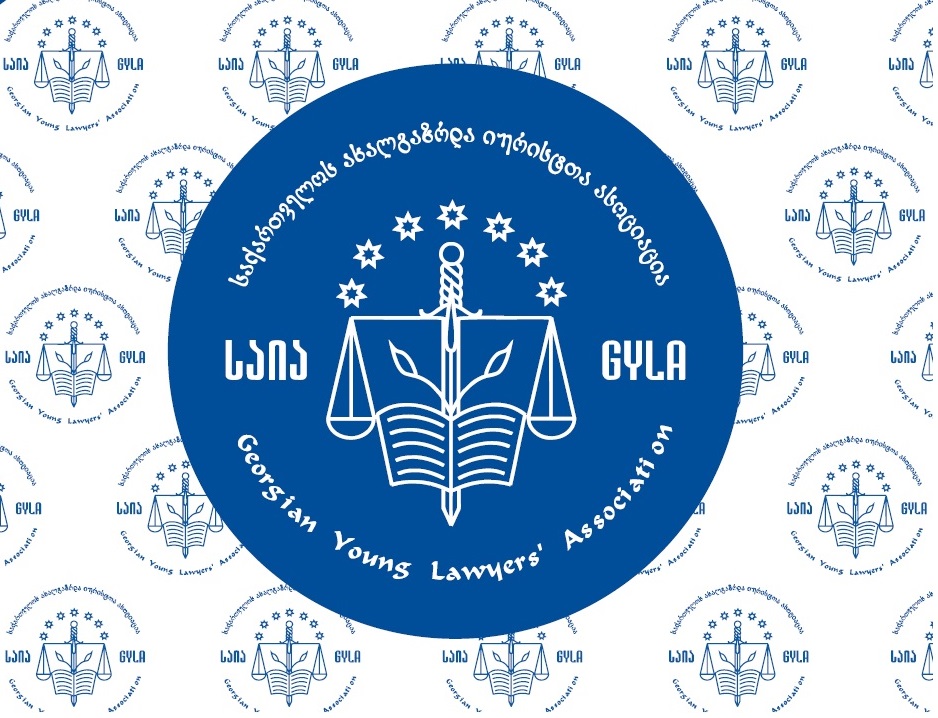


Georgian Young Lawyers` Association (GYLA), Transparency International – Georgia (TI) and International Society for Fair Elections and Democracy (ISFED) declare that the December 2011 amendments to the organic Law of Georgia on the Political Union of Citizens and the Criminal Code of Georgia, jeopardize freedom of expression and freedom of property and will have a restrictive effect on civil-political activities. Furthermore, most of the legal prohibitions imposed are unreasonable, the sanctions disproportionate and it creates an uneven election environment.
More specifically, the new law introduces the notion that a natural or legal entity “related to a party”, will be subject to the very same prohibitions and regulations that apply to political parties. For instance, natural or legal entities who are deemed as such, have no right to receive income from entrepreneurial activities, whereas income received from any other activities may not exceed GEL 60, 000 per year. Natural or legal entities related to a party also have no right to receive a credit from natural or legal entities. Additionally, transparency of their financial activities will be monitored by the Chamber of Control of Georgia.
In compliance with the law, the definition of natural and legal entities related to a party is rather extensive, allowing for the establishment of a relationship between a party and a citizen/legal entity in almost any individual case. Furthermore, the ambiguous and extensive nature of norms, make selective and subjective enforcement of the law inevitable. The law also fails to regulate procedures in the decision-making process that determine whether a natural or legal entity is related to a political party, and fails to regulate the rules for appealing the decision.
The law imposes significant restrictions on natural persons for expressing their political opinions, whereas civil servants and officials are subject to minimum restrictions when implementing policies of agitation.
The law negligently regulates issues related to the seizure or sequestration of property that poses an actual threat to property rights. For instance, the law allows for the transfer of funds into the ownership of state even when the receiver of these funds may be unaware of their unlawfulness.
These norms, together with the recent amendments to the Criminal Code of Georgia, impose criminal liability for “vote buying”, provide for unreasonably restrictive regulations that may affect each and every citizen. Due to the ambiguity of the law, the risk of inconsistent and selective application is high, whereas there are no liabilities envisaged for cases when activities with an effect of vote buying are funded from the state or local budget.
We believe that the Parliament of Georgia should immediately begin preparation of relevant legal amendments in order to eliminate the aforementioned deficiencies that create an unfair election environment, create the potential for imposing unjustifiable restrictions on any organization or natural person and the likelihood of subjective enforcement of the law inevitable.
We will continue working with lawmakers to address the shortcomings in the law. In order to inform the public, we will plan meetings with local and international organisations, diplomatic representatives, and other interested parties. In addition, we plan to take part in a large-scale public awareness campaign with other representatives of civil society and the media, to be launched by the end of the month.
ჯ. კახიძის #15, თბილისი, საქართველო, 0102 ; ტელ: (995 32) 95 23 53; ფაქსი: (995 32) 92 32 11; ელ-ფოსტა: gyla@gyla.ge; www.gyla.ge
15, J. Kakhidze str. 0102, Tbilisi, Georgia. Tel: (995 32) 95 23 53; Fax: (995 32) 92 32 11; E-mail: gyla@gyla.ge; www.gyla.ge